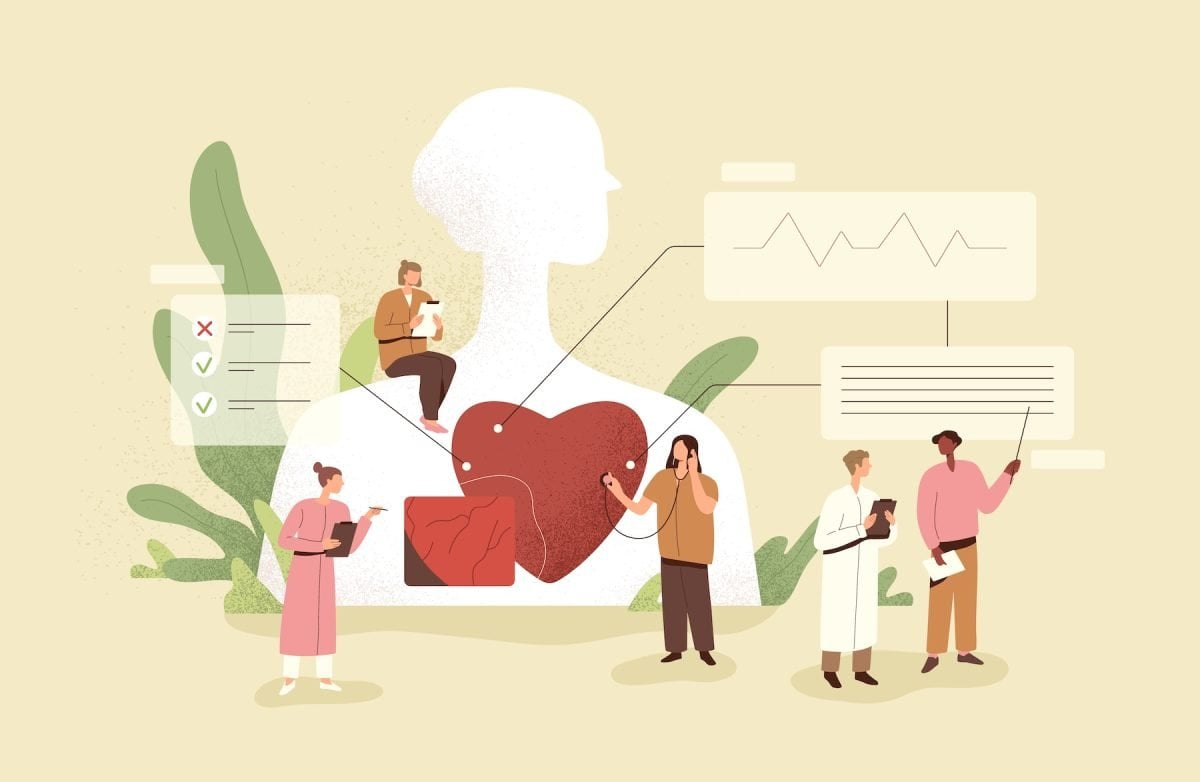How does HOCD manifest differently in heterosexual individuals compared to individuals who identify as gay or lesbian?
HOCD, or Homosexual Obsessive Compulsive Disorder, is a form of OCD that causes individuals to experience intrusive thoughts and fears about their sexual orientation. While this condition can affect people of any sexual orientation, it can manifest differently in heterosexual individuals compared to those who identify as gay or lesbian. In this article, we will explore the differences in how HOCD presents itself in these two groups and how it can impact their lives.
Understanding HOCD
Before we dive into the differences in manifestation, let’s first understand what HOCD is and how it differs from other forms of OCD. HOCD is a type of OCD that causes individuals to experience intrusive thoughts and fears about their sexual orientation. These thoughts can be distressing and cause individuals to question their identity and sexual preferences.
You can read my complete guide to HOCD here.
Unlike other forms of OCD, HOCD is not based on a fear of contamination or a need for symmetry and order. Instead, it is centred around one’s sexual orientation. It can cause individuals to obsess over their thoughts and behaviours, leading to compulsive behaviours such as seeking reassurance or avoiding situations that trigger their thoughts.
HOCD Course

Online course for HOCD
Manifestation in Heterosexual Individuals
In heterosexual individuals, HOCD can manifest in a few different ways. One common manifestation is a fear of being attracted to someone of the same sex. This can cause individuals to constantly question their thoughts and feelings towards people of the same gender, even if they have never experienced any attraction before.
Another manifestation is a fear of being perceived as gay or lesbian by others. This can lead to individuals constantly monitoring their behaviour and appearance to ensure they are not giving off any “gay” or “lesbian” cues. They may also avoid situations or activities stereotypically associated with the LGBTQ+ community.
Heterosexual individuals with HOCD may also experience intrusive thoughts about engaging in sexual acts with someone of the same sex. These thoughts can be distressing and cause individuals to question their sexual identity and preferences.
Manifestation in Gay or Lesbian Individuals
On the other hand, individuals who identify as gay or lesbian may experience HOCD in a slightly different way. While they may also have fears about their sexual orientation, their thoughts may be more focused on the fear of being straight. This can cause individuals to constantly question their attraction to the same sex and worry that they are not “gay enough.”
Gay or lesbian individuals with HOCD may also experience intrusive thoughts about engaging in sexual acts with someone of the opposite sex. These thoughts can be distressing and cause individuals to question their identity and sexual preferences.
Impact on Daily Life
HOCD can have a significant impact on an individual’s daily life, regardless of their sexual orientation. However, the manifestation of this condition can differ in how it affects individuals.
For heterosexual individuals, HOCD can cause a lot of distress and anxiety, as they may constantly question their sexual identity and fear being perceived as gay or lesbian. This can lead to avoidance of social situations and activities and difficulty forming and maintaining relationships.
For gay or lesbian individuals, HOCD can also cause distress and anxiety, as they may constantly question their attraction to the same sex and fear being perceived as straight. This can lead to difficulty accepting their sexual orientation and may even cause them to hide their true identity.
Treatment Options
Fortunately, there are treatment options available for individuals with HOCD. The most common form of treatment is cognitive-behavioural therapy (CBT), which helps individuals identify and challenge their intrusive thoughts and develop coping mechanisms to manage their anxiety.
Medication, such as selective serotonin reuptake inhibitors (SSRIs), may also be prescribed to help manage symptoms of anxiety and OCD.
Conclusion
In conclusion, HOCD can manifest differently in heterosexual individuals compared to individuals who identify as gay or lesbian. While the core symptoms of intrusive thoughts and fears about sexual orientation are the same, the specific concerns and anxieties may differ based on an individual’s sexual orientation. Individuals with HOCD need to seek treatment and support to manage their symptoms and improve their quality of life.

